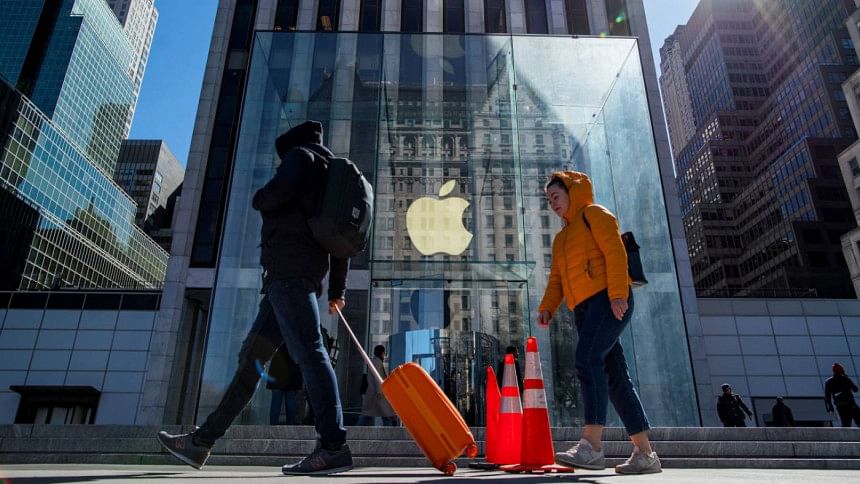What businesses should do during and after the Covid-19 pandemic

Covid-19 is resulting in unanticipated impacts around the globe. From crippling global supply chains to ripping financial markets apart. And from closing down organisations around the world to heralding in a new era of work-from-home, the pandemic has effectively placed us all in an indefinite period of social distancing.

The past teaches us that even when things recover, each crisis leaves behind permanent structural changes. Our lifestyles have significantly changed and so have many of our day to day habits, which brings us to the big question, what will be the 'new normal' in the wake of this crisis?
How should CEOs and boards plan and prepare for the post-coronavirus world, while responding to the immediate crisis?
The business outlook for 2020 is radically different. From our experience, there are seven mechanisms that can get businesses through these times.
They are: stabilisation of supply chain, crisis management, customer engagement, workforce protection, financial stress testing and liquidity, tax and trade and regulation, strategy and branding, and lastly, nerve center integration.
There are ways to tackle the pandemic, and if a few mechanisms could be followed instead of worrying, the results will be more fruitful. Just like humorist Erma Bombeck says, "Worry is like a rocking chair: It gives you something to do but never gets you anywhere."
For all businesses and companies, one of the top precedents should be to protect employees. The Covid-19 crisis has been emotionally challenging, as it affects day-to-day lives in unprecedented ways. Businesses can start by executing plans consistent with the company's guidelines but is also viable in a bid to support employees.
Some of the more interesting and effective tools include providing clear, simple language to local managers on dealing with Covid-19 (aligned with WHO, CDC, and other health-agency guidelines) while providing them autonomy so they feel empowered to deal with any quickly evolving situation. Communication between employees and employers needs to be clearly determined to ensure no one feels unsafe.
Companies should nominate a direct report to the CEO and should appoint members from every discipline for assistance.
In most cases, team members will need to step out of their roles and dedicate most of their time to response. A few work streams will be common for most companies: employees' health, welfare, and ability to perform their roles; financial stress-testing and development of a contingency plan; supply-chain monitoring, rapid response, and long-term resiliency; marketing and sales responses to demand shocks; and coordination and communication with relevant constituencies. The response team should install a simple operating system. And it also needs to ensure that liquidity is sufficient to weather the storm.
Businesses need to define scenarios tailored to the company's context. Companies should model their financial statements in each scenario and identify triggers that might significantly impair liquidity. For each such trigger, companies should define moves to stabilise the organisation in each scenario.
To stabilise supply chain channels, companies need to define the extent and likely duration of their supply-chain exposure to areas that are experiencing community transmission.
They also need to consider rationing critical parts, pre-booking, using after-sales stock as a bridge until production restarts, gaining higher priority from their suppliers, and, of course, supporting supplier restarts. Companies should start planning how to manage supply for products that may, as supply comes back online, see unusual spikes in demand due to hoarding.
Stay close to your customers. Companies that navigate disruptions better often succeed because they invest in their core customer pool and anticipate their behaviors. In China, for example, consumer demand down does not mean it has disappeared; people have dramatically shifted toward online shopping for almost all types of goods. Companies should invest in online distribution.
Companies can use tabletop simulations to define and verify their activation protocols for different phases of response.
My father always says that "People know all business people as entrepreneurs but we should call them country developers."
And now is the time for a more scientific and analytical approach, as physicist Marie Curie said: "Nothing in life is to be feared, it is only to be understood. Now is the time to understand more, so that we may fear less."
The author is the Associate Vice President of Ernst & Young, (EY), LLP, Bangladesh.

 For all latest news, follow The Daily Star's Google News channel.
For all latest news, follow The Daily Star's Google News channel. 








Comments